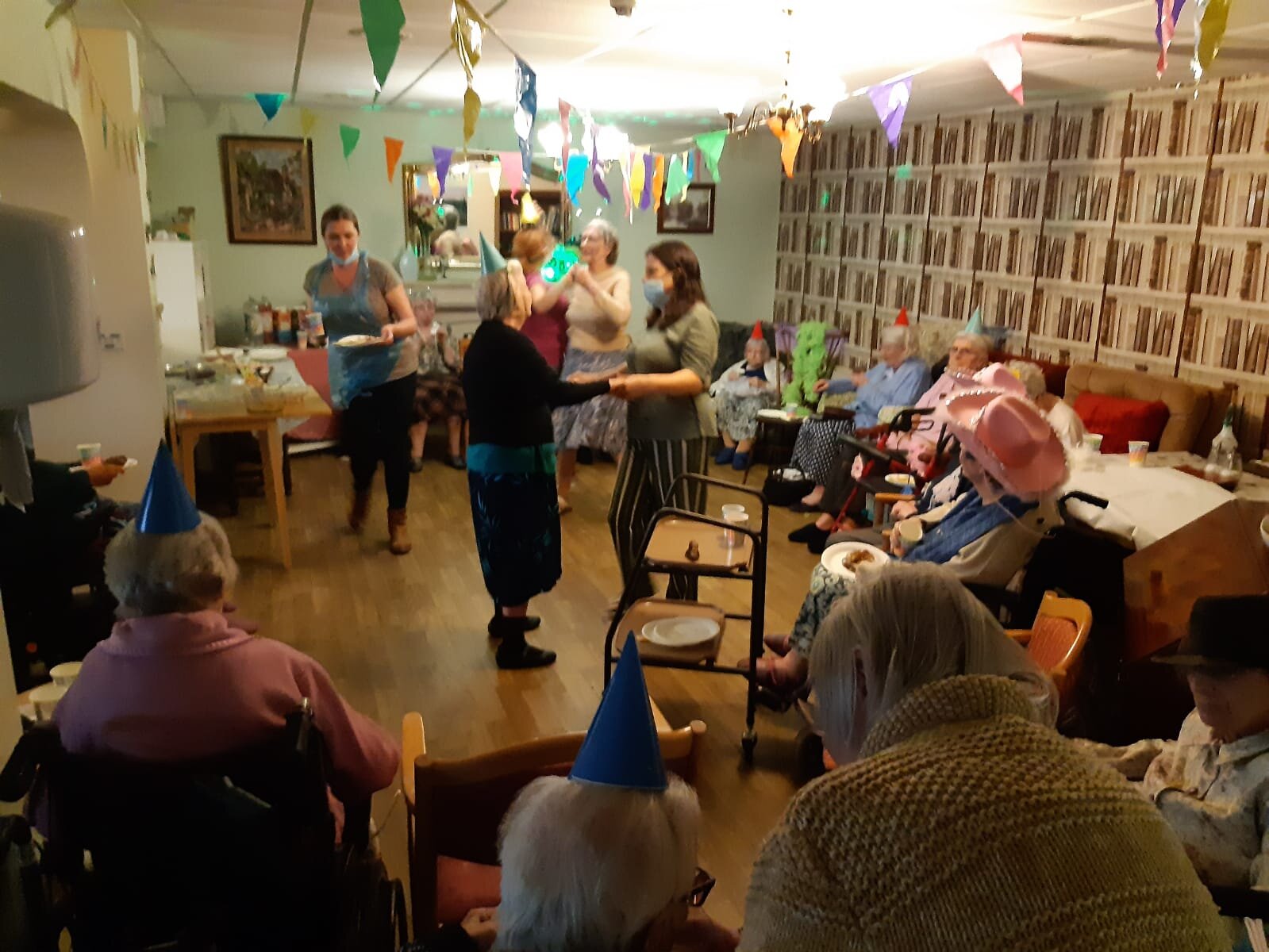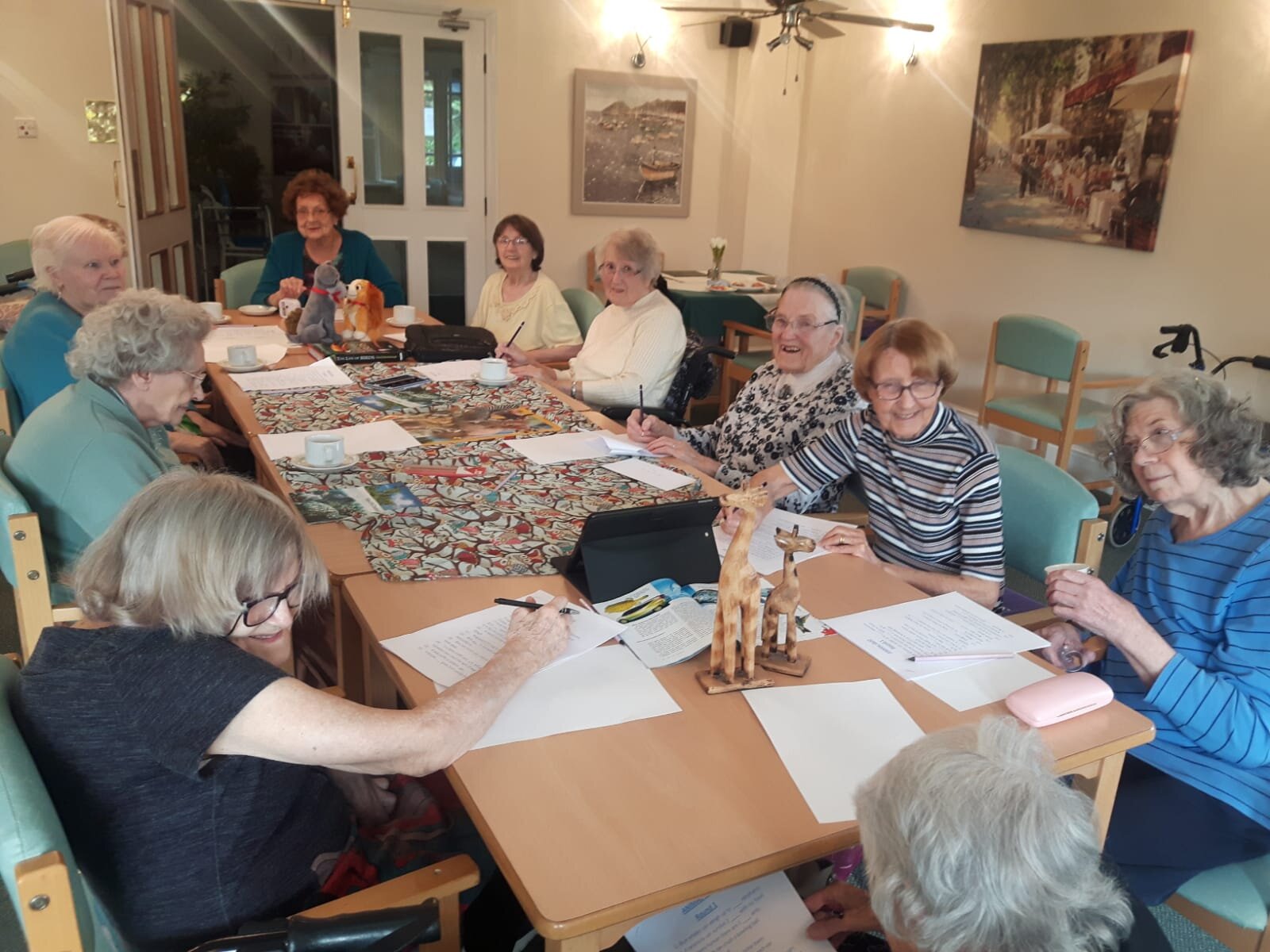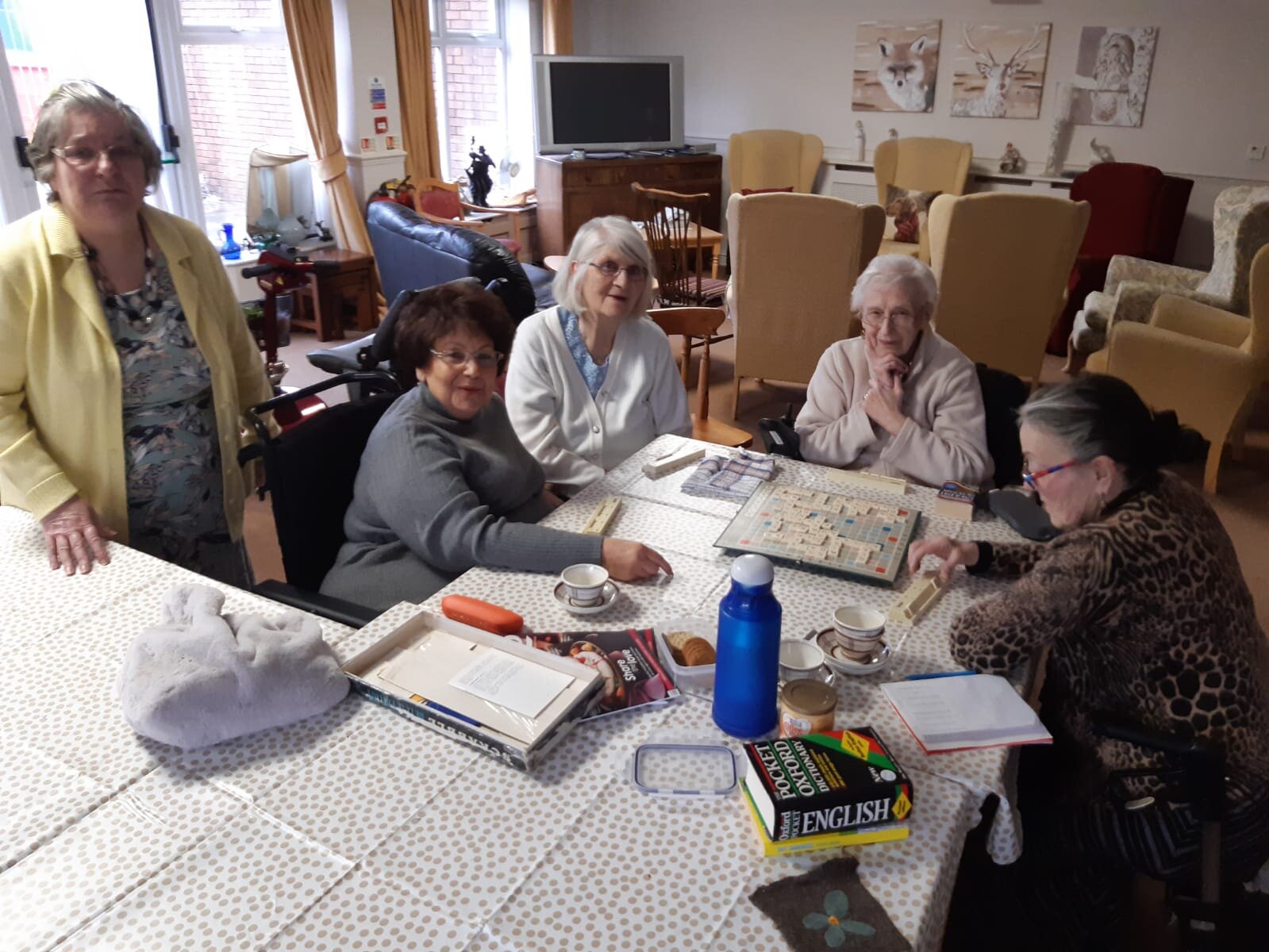Caring for An Elderly Relative with Dementia
“Can I remember exactly when I ‘lost’ my husband? Was it the moment when I had to start tying his shoelaces for him? Or when we stopped being able to laugh with each other? Looking back, that turning point is impossible to pinpoint. But then, that’s the nature of dementia.”
These words echo the sentiments of all of us who have to see a loved one suffer from dementia. If you are caring for someone with dementia we understand how physically and emotionally challenging it can be. Well done for your tireless dedication! As carers for elderly ones, we know that understanding dementia and its progression is vital to the care of the patient as well as for your well-being. Especially at this time, with restricted access for formal care during this pandemic, the entire responsibility of caring for an elderly dementia patient might fall on family and friends. With this in mind, we thought we would share a few pointers that we have found helpful and which is recommended by specialists. We hope these tips help you dear friends.
7 Tips For Caring For Someone With Dementia
Tip 1: Create a Calm Atmosphere
An elderly dementia patient can easily and quickly detect nonverbal cues like your tone of voice, attitude, and body language. Like little children, they tend to mirror these signals. That is a good thing in a way. If you set a positive mood by staying calm, pleasant, and respectful, they will reflect the same mood. If you notice that any particular activity is causing agitation, shift to other activities or try soothing music or a gentle massage.
Here are some tips that can help you manage stress in dementia patients: Alzheimer’s and Dementia Behavior Management
Tip 2: Designing a Dementia-Friendly Environment
The goal of a dementia-friendly living space must be to give them an environment that can enable them to live well and give them dignity and respect even as they are being cared for. Knowing that people with dementia are much more sense-oriented than others, the architecture of the home, the placement of furniture, the use of calming and contrasting colours and many more aspects help in managing stress and other challenges that dementia can bring. A resource outlining a few principles for creating dementia-friendly environments says:
“Living with dementia should frame design. This involves seeing the world through the eyes of people living with dementia, or ‘looking out from the inside’. People with dementia do not experience themselves and their physical and social environments as separate. Each part, personal, physical and social, is in a lived relationship to the other. The physical and social environments of life are interlinked and equally important. They should be designed together to engage people, support independence and give meaning, comfort and safety.”
That is the goal we have when designing spaces for our residents who suffer from dementia. All our homes follow these principles closely and we also recently inaugurated the Butterfly Suite at our Wigan home based on these tenets of design and care.
For more detailed information on how to create a dementia-friendly living space, you can check this resource: Dementia-friendly Designs
Tip 3: Communicate Effectively
A person suffering from dementia might easily get distracted or agitated by noises caused by a radio or TV. If you want to get their attention and need them to focus on what you are saying, switch off those devices or close the window curtains if there are noises from outside. It is also important to address the person by name and identify your name and relationship at the start of the conversation. If they are seated, get down to their level so that you can always maintain eye contact with them.
Speak slowly and distinctly using simple words and sentences. Avoid raising your voice even if they do not understand you at the first instance. Just repeat what you said in a reassuring tone of voice. If they still do not understand, wait for a little while and rephrase your message.
Ask simple and direct questions. Ask only one yes or no question at a time. Avoid asking questions with too many choices as this might confuse them and upset them. Whenever possible, use visual prompts and cues to help clarify your question and guide their response.
Tip 4: Keep Track of Possible Triggers
Dedicate a book to write down possible triggers that could affect the person you are caring for. Ensure that you put in all the details, such as what happened, what time it happened and on what date. Also, include details about what was going on just before the agitated behaviour took place. This may seem like an additional task in your busy schedule, but this will prove invaluable in helping you spot triggers and avoid them in the future.
Here is a guide from the Alzheimer’s association to some possible triggers that affect the behaviour of those struggling with dementia and how you can deal with it effectively: How To Respond When Dementia Causes Unpredictable Behaviors
Tip 5: Focus on Meaningful Engagement
Pleasant, stimulating, and meaningful activities such as baking, singing, or dancing, starting a gratitude journal, or arts and crafts are proven activities that decrease challenging behavioural symptoms and foster an emotional connection while engaging their senses and triggering their memories. Dancing with them to their favourite tunes is a great way of spending quality time with them, while helping them recollect movement, music and its associated memories.
We love engaging our older ones in different activities. Though not all of them suffer from dementia, these activities help improve their cognitive functions and slow down the aging process. Their enthusiasm keeps us young too!






How beautiful is this! Our dear sister Annie singing along to a cherished tune. Music is a part of our procedural memory and is ingrained into our brain.
The Alzheimer’s Society has some great ways of doing this. You can read more here: Activity Ideas During Coronavirus For People With Dementia
Tip 6: Have an Emergency Medical Care Protocol
Expect and prepare for medical emergencies. Ensure that you ask your primary health care doctor about their procedures for handling routine visits. A trip to the hospital can be stressful for people with dementia, so it is important to be prepared for emergencies and stay calm as they react to how you are feeling. The National institute of Aging has some great tips on handling hospital visits: Going to the Hospital: Tips for Dementia Caregivers
Tip 7: Take Care While You Take Care
Caring for a person with dementia can be challenging and taxing, both emotionally and physically. You must care for your needs too. A wonderful Watchtower article on Caring for a Sick Relative provided this advice:
“To maintain your spiritual balance and physical health while caring for a sick relative, you need to be adaptable and to budget your time and energy. “Wisdom is with the modest ones,” states Proverbs 11:2. In this context, the word “modest” means being aware of one’s own limitations. To make sure that you do not expend yourself beyond your limits, you may need to examine your schedule and your responsibilities.”
There is much you can do to keep this balance. Ensure that you take some time away. Ask a family member or friend for help from time to time or look into options for Respite Care. Take care of yourself and ensure your physical, mental, and emotional well-being.
Provide Loving Care
This has been our focus at Jah-Jireh, and we believe that the care we give must be motivated by love and the need to provide a dignified and safe home for our dear elderly ones. We love our dear residents, some of whom suffer from dementia. We hope these practical tips have been helpful. If you know of anyone who is caring for someone with dementia, please share this and remember that they need support and encouragement.
If you would like to apply to Jah-Jireh, here are some helpful resources:



